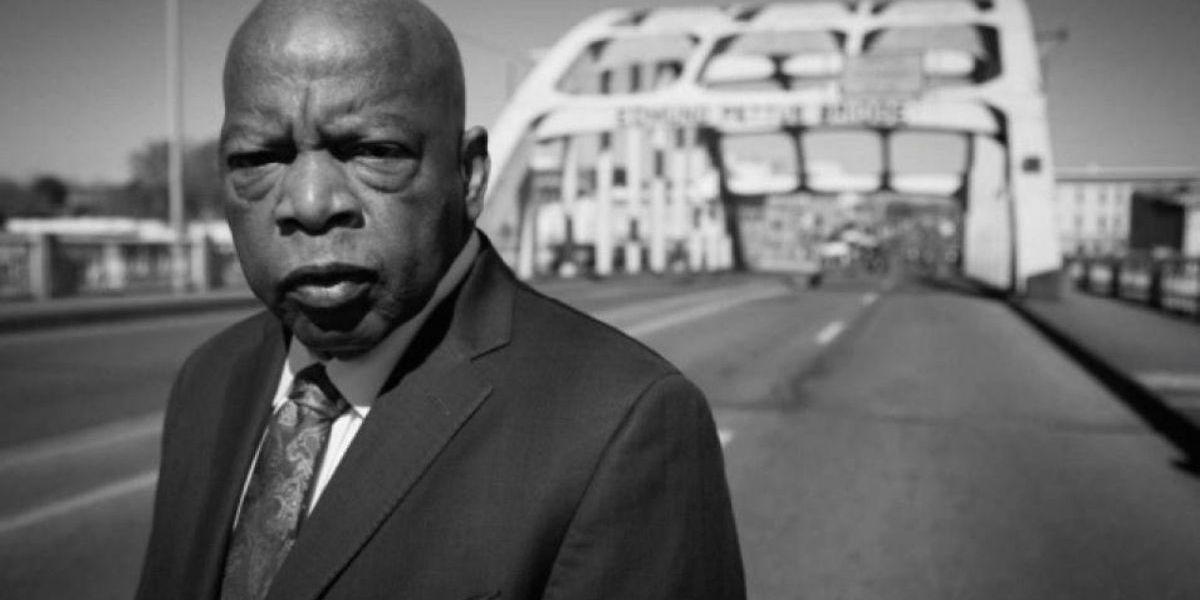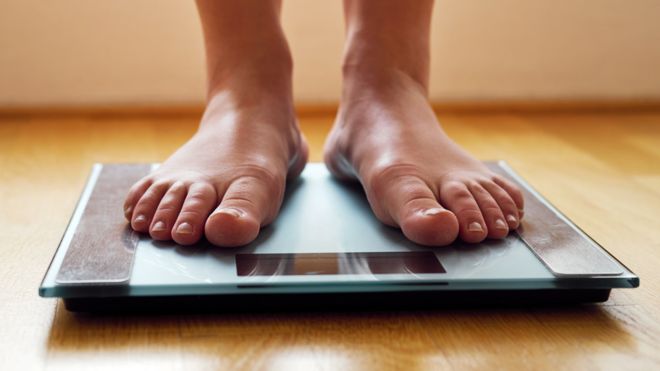
Explainer: TikTok is on the block but why has Donald Trump given Microsoft 45 days to make a bid?
A September deadline looms for the blockbuster acquisition.
5 August, 2020

Image: SIPA USA/PA Images
TEENAGERS LOVE IT and the US authorities hate it but there’s no doubting the impact that social media platform TikTok has had during the pandemic.
Owned by Chinese company ByteDance, the app had been hot property since its international rollout in 2018 but in 2020, its popularity has soared thanks to lockdown-related boredom, idle hands and, crucially, feet.
But after US President Donald Trump threatened to ban TikTok last Friday, many of its most prominent users took the weekend to say goodbye to the beloved app, home of viral lockdown dance phenomena like the Blinding Lights and Think about Things challenges.
Simultaneously, it emerged last Friday that software giant Microsoft had been engaged in talks with ByteDance for a number of weeks to buy TikTok’s American and international operation, headquartered in Los Angeles.
Why does Microsoft want to buy TikTok?
Well, it’s no secret that TikTok has been one of the undisputed winners of the pandemic.
In the first quarter of the year, the app was downloaded a whopping 315 million times across Apple and Android phones, smashing records in the process.
By May, TikTok had been downloaded 2 billion times cumulatively, with 40% of users aged between 16 and 24, an incredibly valuable market segment for any would-be buyers.
That’s a lot of precious consumer data for Microsoft to sink its teeth into to help integrate and improve its product offerings.
Having moved away from consumer products in recent years towards cloud computing and enterprise software, a takeover of TikTok would also allow Microsoft to compete directly with the likes of Facebook, Twitter and, crucially, Google-owned video giant YouTube.
But it won’t come cheap.
Its parent company, ByteDance, is currently valued at between $75 and $100 billion and TikTok itself has been price-tagged at anywhere between $5 billion and $10 billion.
So what’s Trump’s issue with TikTok?
In the past few months, Trump and his secretary of state, Mike Pompeo, have repeatedly painted TikTok as a threat to American national security, citing the app’s Chinese ownership and suspicions over its data processing protocols.
On 7 July, Pompeo told Fox News that the administration was considering an outright ban on the app.
This, he said, was because China’s national intelligence laws could compel TikTok’s Bejing-anchored parent company, ByteDance, to hand over user data whenever it wants.
For its part, TikTok has roundly denied ever handing American data over to the Chinese government.
In a statement released after Pompeo’s comments, the company said, “TikTok is led by an American CEO, with hundreds of employees and key leaders across safety, security, product, and public policy here in the US.
“We have no higher priority than promoting a safe and secure app experience for our users. We have never provided user data to the Chinese government, nor would we do so if asked.”
It maintains that all American data is handled and processed in the US itself.
What’s the context?
It’s worth noting that the campaign against TikTok — which, at the moment, is still based on “suspicions, not legal complaints” — is being waged against the background of a huge upsurge in anti-China sentiment in the US.
According to a recent poll by the Pew Research Centre, a US think-tank, 73% of Americans have an unfavourable opinion of China, a historically high reading and up 26 percentage points since 2018 alone.
It’s perhaps no surprise given the explosive language used by Trump about China and Chinese companies since his arrival on the political scene.
But it’s not just Trump and the Republicans who are at it.
Presumptive Democratic nominee Joe Biden has himself criticised the US president for being too soft on China in recent weeks and plenty of his party colleagues have weighed in on the TikTok debacle as well.
But US and China have been locked in a trade war for the better part of Trump’s presidency and in May, the president threatened to “cut off [America's] whole relationship” with China in order to save the US economy $500 billion.
A truce was negotiated between the two governments earlier this year but the coronavirus outbreak has done nothing to help relations.
Recently, Trump went as far as to infer that Bejing actually allowed Covid-19 to spread to damage his reelection bid.
Chinese officials have publicly stated their belief that Trump is just using rhetoric to fire up his base and that for all his bombast, the president’s ‘crackdown’ has been mostly cosmetic.
But the row over TikTok, a symptom of US political and economic enmity towards all things China at the moment, threatened to become very real last Friday with what seemed like a final threat from Trump.
“As far as TikTok is concerned,” he said, “we’re banning them from the United States.”
He added he would take action as soon as Saturday using emergency economic power or an executive order.
Can Trump actually ban TikTok?
This is a thorny issue but the short answer is that he could certainly give it a bash.
Other Chinese companies like Huawei and ZTE have been on the receiving end of punitive measures from the current US administration through the Committee on Foreign Investments (CFIU) in the United States.
The committee is also notorious for ordering a Chinese company to sell its stake in gay dating app Grindr last year.
TikTok is the subject of an ongoing investigation by the CFIU, which the Trump administration could weaponise in its fight against TikTok.
The CFIU could make life extremely difficult for TikTok by sanctioning it but to actually ban the app by placing it on the US Commerce Department’s ‘entity list’ would, according to one legal expert, be “extreme, unusual, and legally dubious“.
In fact, some Trump advisors believed that the ensuing legal and political wrangle would be so messy that instead, according to The New York Times, they convinced the US president to park his plans to ban the app.
Over the weekend, the paper reported that advisors asked Trump to consider the political fallout, particularly with younger voters, if he tried to outright prohibit TikTok.
This is where Microsoft entered the frame.
So what happened over the weekend?
Parallel to Trump’s bombastic statement on Friday, it was reported in the US that Microsoft had been involved in advanced talks to purchase TikTok for a number of weeks.
Those talks reportedly stalled after the US president’s announcement but over the weekend, they started up again.
Microsoft confirmed on Sunday that “following a conversation between Microsoft CEO Satya Nadella and President Donald J Trump, Microsoft is prepared to continue discussions to explore a purchase of TikTok in the United States”.
In a statement on the company website, Microsoft said, “Among other measures, Microsoft would ensure that all private data of TikTok’s American users is transferred to and remains in the United States.
“To the extent that any such data is currently stored or backed-up outside the United States, Microsoft would ensure that this data is deleted from servers outside the country after it is transferred.”
What changed?
After being persuaded in private to pump the brakes on his plan to outlaw the app, Trump performed a very public about-turn on Monday, opening the door for the divestment of TikTok’s American business to a US company.
Speaking at the White House, Trump said TikTok would “close down on 15 September unless Microsoft or somebody else is able to buy it and work out an appropriate deal”.
“It’s got to be an American company… it’s got to be owned here,” Trump said. “We don’t want to have any problem with security.”
In a surprising twist, he said he had warned Microsoft that the US government would have to get its slice of the pie “because we’re making it possible for this deal to happen. Right now they don’t have any rights, unless we give it to them”.
How exactly the Trump administration plans to take its chunk of the money is unclear and the legal ramifications of the US president’s comments are still being picked over.
— Additional reporting by AFP
Short URL




 Band of bothers: Abe and Trump, pictured at a November 2017 summit in Tokyo (EPA/Jiji)
Band of bothers: Abe and Trump, pictured at a November 2017 summit in Tokyo (EPA/Jiji)


 Japan has persevered with weapons purchases apart from the Aegis, such as Lockheed Martin's F-35 stealth fighter, another controversial piece of equipment. © Reuters
Japan has persevered with weapons purchases apart from the Aegis, such as Lockheed Martin's F-35 stealth fighter, another controversial piece of equipment. © Reuters












